Interview: Nai-Jah takes reggae music fusion to the world
Born into two different cultures (Nigerian and French), singer and performer Mahakwe Wadike grew up in Nigeria understanding the struggles and troubles of the country resulting from colonialism and long years of corruption and military rule.
 Nai-Jah on stage
Nai-Jah on stage The band Nai-Jah
The band Nai-Jah
Wadike moved to France in 2006 with the dream of playing football for Nigeria, but his sporting ambitions were thwarted by an injury. In 2010, he started the Afro-reggae band Nai-Jah.
Nai-Jah is a five-piece band with artists from different musical backgrounds based in France. Wadike is the lead vocalist, drummer and acoustic guitarist. The keyboard player Raphael is the beatmaker, MC and rapper. Nicolas, the drummer, is a teacher at a music school, with experience in jazz and Afrobeat, while Gordon, who plays the guitar, is from Guadeloupe and has a metal, rock and Caribbean music background. Guillaume, who plays the sousaphone, has performed with New Orleans-style marching bands and delivers the bass to this eclectic bunch. Nai-Jah mixes reggae, Afrobeat and traditional African music, and this melting-pot of international music practitioners enriched with Igbo music traditions makes Nai-Jah a must-see on stage.
Music In Africa caught up with Mahakwe Wadike on holiday in Brazil for an exclusive interview.
Music In Africa: What makes reggae special for you?
Nai-Jah: I grew up listening to reggae because my father loved the music, listening to the likes of Peter Tosh, Bob Marley, Burning Spear and Lucky Dube, as well as Nigerian singers that include Daddy Showkey and Baba Fryo. I was drawn to this kind of music, also because these artists symbolise rebellious and socially conscious music.
What is Nai-Jah all about?
We all refer to Nigeria as Naija. Nigeria is a religious country: we put health in god's hands and do not go to the hospital, or put exams in his hands without studying. As a country, we have gone and are still going through so many troubles, such as corruption, poverty and inequality. Nai-Jah, Naija and Jah (God), are me saying do we put our country into god's hands, or is it not time for us to wake up and lead our country? As they say, god helps those who help themselves. Nai-Jah is me and a band that I formed in Lyon, France in 2010 - a reggae band blending Afro and New Orleans music.
What is your own twist on reggae, and how do you make it relevant to young audiences of today?
I grew up in Nigeria, so evidently my style of reggae is also influenced by Nigerian music - and on the last album, I have an Igbo reggae song, I am from Imo State (southeastern Nigeria), and most of my lyrics and songs tackle issues in the country ranging from corruption to poverty, but also the beauty of our land. In the band, we replaced the electric bass with a sousaphone, which is a brass instrument used in New Orleans marching bands in the US. So we have brought in different genres blended with reggae.
What inspires your music?
Nigeria and Africa are a big inspiration in terms of trying to expose the inequalities that our people have to live through. Meeting people also inspires me: I recently came back from Palestine to see what is going on over there, where I met truly wonderful people. Life is an inspiration and what we make of it.
Apart from struggles and inequalities, do you sing about love and beauty?
I don't really have any love songs. Most of my songs are political.
Who are the Nigerian musicians that influence you?
I am influenced by Afrobeat, Fela Kuti, King Sunny Ade, Orlando Julius and, of course, the great Oliver de Coque. I also listen to the new Afrobeat musicians like Burna Boy, Wizkid, Davido and many others.
What do you think music has done for young Nigerians of today?
Music for young Nigerians has opened up a gateway to the world. If you go to clubs in Europe or in the US, you will hear Nigerian music. In the past, we would relate to US rap, hip hop and other foreign genres, but now we relate to our own music and are proud to share it wherever we go. It has given hopes and dreams to the youth, showing that anything is possible.
For Nai-Jah as a band, what's going on currently?
We released a new album last March called Masquerades. We toured Europe during the summer and we are now working on the next album for 2021. We are going to continue touring this summer with concerts already lined up.
How many singles and albums do you have to your credit?
Two EPs and one album with the band. I have another album that was released in 2018 with Alpha Steppa, a UK dub/reggae producer. I have also featured on singles put out by Dub Dynasty, Alpha & Omega, The Ligerians and others.
When did you decide you were going to be a musician?
My mother plays the guitar, so I learned from her a bit from a young age and continued. I moved to France to play football; I was actually admitted to a football school. In 2007 I went to play at the European inter-school championship with the French team. Unfortunately, I got injured at the training camp in Abuja with the U20 Nigerian team coached by Samson Siasia as we prepared for the Under 20 World Cup, which was held in Egypt 2009. Music has always been a part of me and it was after this mishap that I fully embraced the art.
Which of your tours has been outstanding to you?
We went to Germany in 2017 on a small tour with four concerts and one in Berlin. It was an amazing experience. We also went down to Austria last summer to open for Ziggy Marley in Vienna.
Who are the artists you'd love to play with and why?
I would love to play with Burma Boy because of his last album African Giant, which was conscious and outspoken. We played at the same festival in Belgium last summer but on two different stages during the same time slot so I didn't even see him. Femi Kuti, for the legend that he is in the fight against oppression like his father, Fela Kuti. I would love to play with Jimmy Cliff because I am a huge fan and I have been listening to his music since I was a child.
How would you describe online streaming has helped music distribution?
Online music streaming has its advantages and disadvantages. For the artist, if we are talking finances, it works better for the popular artists who find their songs in playlists on Deezer or Spotify - they actually earn money. Upcoming artists do not find it financially beneficial. However, it has heavily impacted music distribution in the sense that with a click of a button, one can listen to music at the other end of the world. This would have been practically impossible in the past. But, again, the online streaming platforms have been flooded with so much music that you sometimes one feels lost, so it's a bittersweet experience.
You say you're currently in Brazil, what took you there?
On holidays. My wife took me here, but I managed to squeeze a gig in for Sao Paulo on the 20 February.
Any particular message you'd like to pass on to your fans?
We owe it to ourselves and to the future generations to look after each other and to look after our planet. We are mere passers-by and must live in harmony and balance, spreading compassion wherever and whenever we can.


























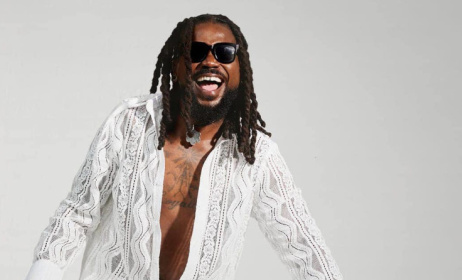
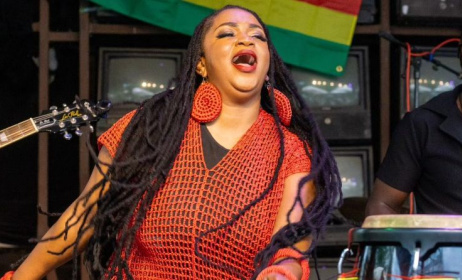
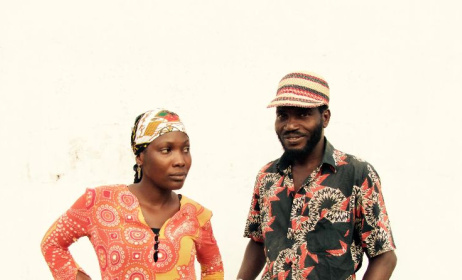


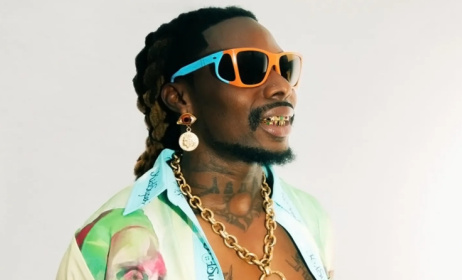

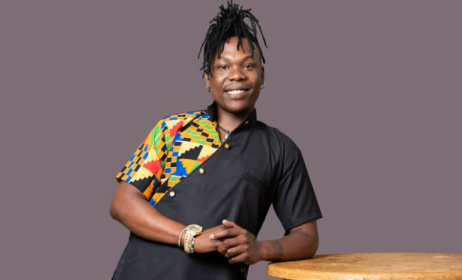

Comments
Log in or register to post comments